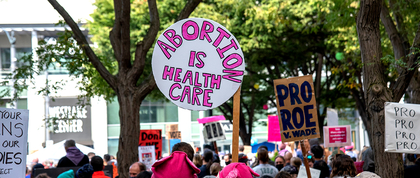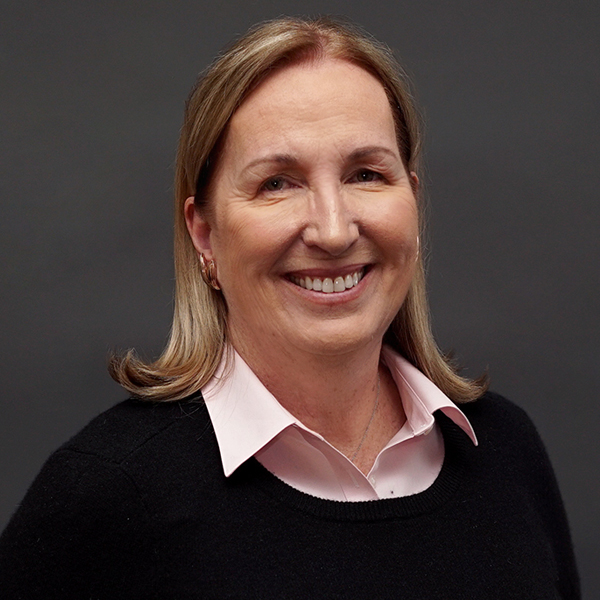
Earlier this week, an authenticated draft opinion leaked from the U.S. Supreme Court revealed a ruling that, if finalized as written, would allow many states to ban or markedly restrict abortion. If Roe v. Wade is overturned, it could put other basic reproductive rights at risk, including access to birth control, and set a precedent for even more onerous erosions of human rights.
Past impacts and recent research indicates what such a ruling would mean to people of child-bearing age. African Americans and Latinxs would be hardest hit, along with all low-income people living in states that ban or severely limit access to abortion and abortion pills (known as mifepristone, or RU486). The Supreme Court has already adversely affected women’s health by allowing employers to “carve out” benefits they dislike, such as contraception and pregnancy termination.
People in these vulnerable demographics have higher rates of abortion, and are the least financially and logistically able to overcome the hardships involved with terminating an unintended pregnancy, including taking time off from work to travel out of state. Without access to legal and safe family planning including pregnancy termination, the health of countless individuals and their families will suffer dramatically.
As reported by NPR, “More than 20 states have laws that could restrict or ban abortion soon after the Supreme Court overturns Roe. One type of statute, called a `trigger law,’ is designed to take effect after a Supreme Court ruling.”
Make no mistake about it: if Roe v. Wade is overturned, people will die. We know this because of the historically documented deaths arising from self-induced abortion, and maternal deaths from unnecessary pre- and intra-partum complications, along with first-year complications arising from carrying a problem pregnancy to term. Add to this associated partner violence and suicides, both of which are poorly documented and undercounted.
I had the honor of working for and with Dr. Allan Rosenfield, who founded the Center for Population and Family Health at Columbia University in the 1970’s. His training in Boston as an OB/GYN and in Thailand as head of family planning laid bare the brutal impact of a lack of reproductive rights. Like many health professionals, he worked in the U.S. in medicine and public health during pre-Roe years. Poor women routinely died accessing dangerous “back room” abortions or attempting to end pregnancies on their own. I’m proud to note that this advocacy work continues today, as the leadership of schools of public health across the country have voiced pro-choice support; I applaud them all for speaking out.
As a college freshman, my friends and I helped “rescue” our friend from a locked bathroom where she was trying to end a pregnancy on her own. With the help of a savvy nurse, she was treated for “an incomplete miscarriage” at a local hospital. Such instances were commonplace, resulting in many deaths or permanent infertility because of desperate measures taken with no social or competent medical support.
Indeed, I believe a very high number -- disproportionately high relative to the proportion of pregnancies in the age group -- of prior “self-termination” efforts have been among teens, who also have higher pregnancy complication rates.
The trend has been for greater access to abortion on a global scale, yet now the U.S. is leading the way in the opposite direction -- with potentially dire effects. Reproductive rights must be protected for the health and well-being of all people, especially those who are forced to raise their unplanned children alone with life-altering economic consequences.

Cheryl Healton, DrPH
GPH Founding Dean;
Professor of Public Health Policy and Management